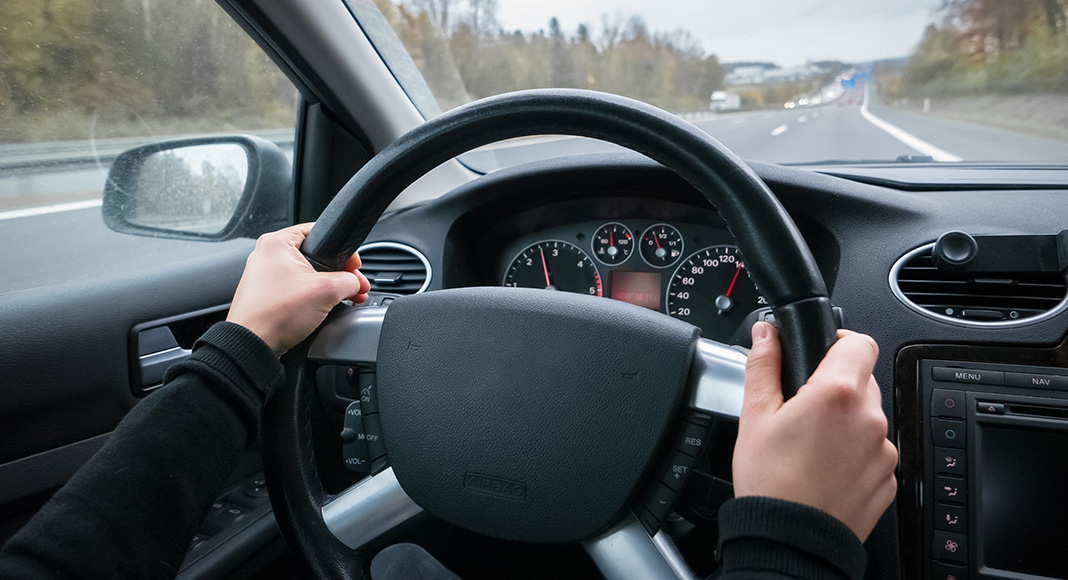The vast majority of license suspensions are for non-driving-related events, according to a new study conducted by researchers at Children’s Hospital of Philadelphia (CHOP) and Brown University.
The study found that events such as such as failure to pay a fine or appear in court disproportionately affect those living in low-income communities and in communities with a greater percentage of Black and Hispanic residents.
“Every year, millions of Americans delay healthcare and miss out on employment opportunities due to transportation barriers,” said Nina R. Joyce, PhD, lead author of the study, an associate fellow with the Center for Injury Research and Prevention (CIRP) at CHOP and a researcher and professor with the Brown University School of Public Health. “Our research shows that non-driving-related license suspensions are disproportionately imposed on drivers living in low-income neighborhoods and in neighborhoods with a greater percentage of Black and Hispanic residents in New Jersey.”
Data was analyzed from the New Jersey Safety and Health Outcomes Data Warehouse, which includes complete licensing information for New Jersey from January 2004 through December 2018. Researchers compared individual and geographical characteristics between drivers with a non-driving-related suspension, a driving-related suspension, and no suspension.
The study found that among more than 7.6 million licensed NJ drivers, 424,869 (5.5 percent) of the state’s driving population had a suspended license in 2018. Of those with suspended licenses, 91 percent were given for a non-driving-related event.
Failure to pay a fine or fee was the most common reason for both new and existing non-driving-related license suspensions across all the years of the study, constituting 55 percent of existing and 58 percent of new non-driving-related suspensions respectively.



















